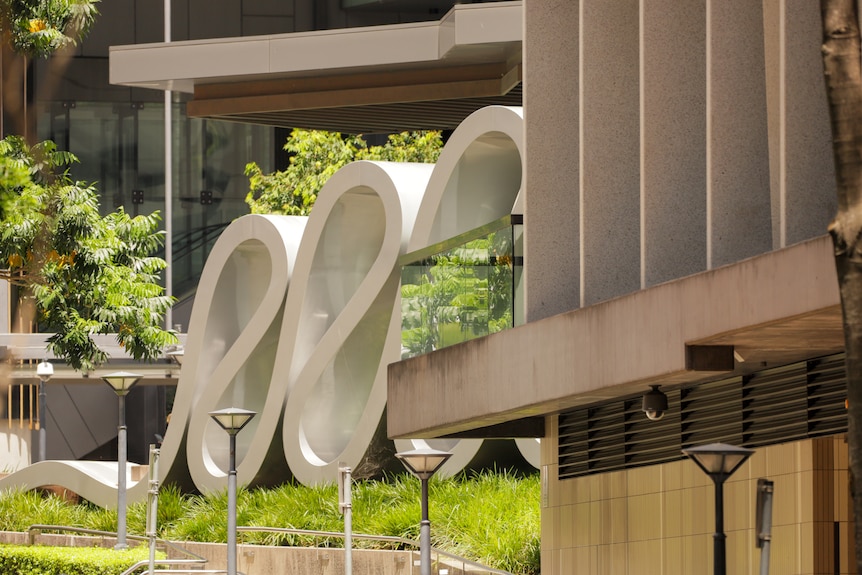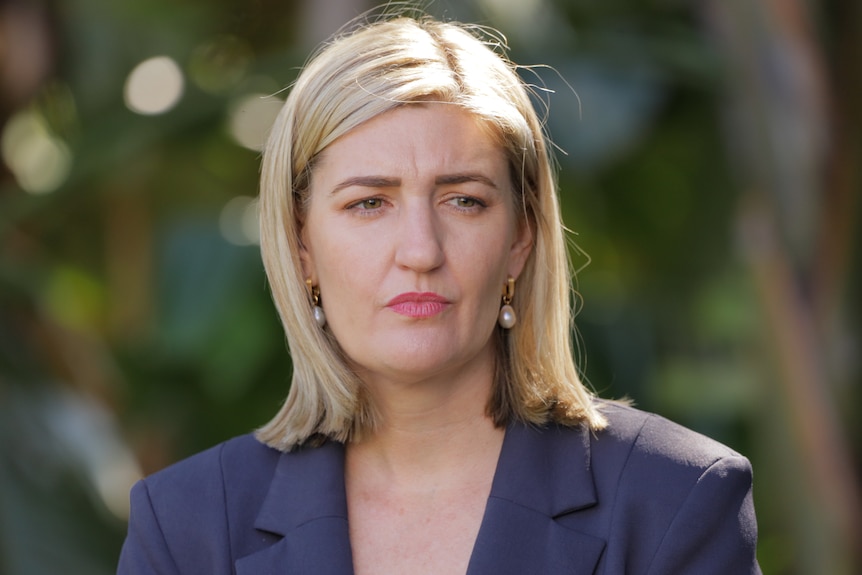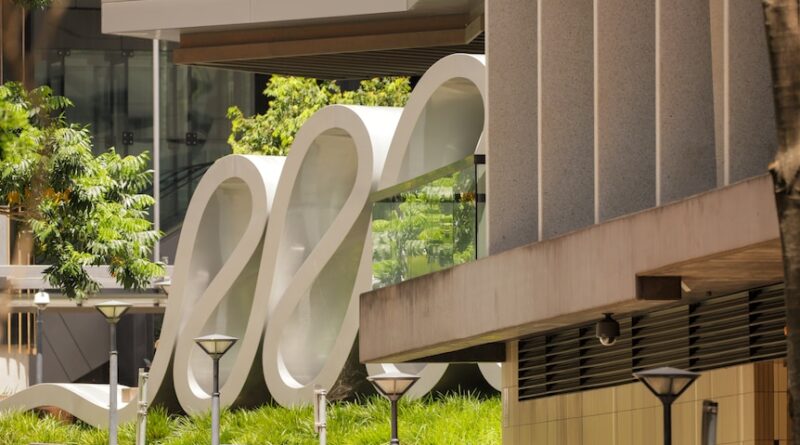A coroner is criticizing Queensland’s voluntary assisted dying laws after a man takes his partner’s end-of-life medication.
A Queensland coroner has slammed voluntary hospice laws after an elderly man took his own life using drugs prescribed by his wife.
Warning: This story is about self-harm.
The man’s partner, who had a terminal illness, was found eligible for voluntary assisted dying. [VAD] program in March last year.
The self-regenerating drug was delivered to the couple’s home in Queensland a month later.
The man, referred to in court documents as ABC, was the “possible contact” responsible for the item.
The same day it arrived, his wife was hospitalized with COVID-19, where they decided to put her on an intravenous VAD.
That was delivered, and they died in hospital on May 8, 2023.
The man was told to return the drug he had taken home two days before he died.
He failed to do so, and on May 16 he committed suicide.

Coroner O’Connell heard evidence of “several near misses”. (ABC News: Christopher Gillette, Brisbane, Australia, Chris Gillette)
In his inquest, Coroner David O’Connell said the laws failed to strike a balance between patient autonomy and the safety of lethal drugs.
The inquest heard that ABC had been diagnosed with, and received, anti-depressants.
Mr O’Connell said the study established that a person was less likely to be contacted than when they walked into a Brisbane nightclub.
“The fact that ABC was diagnosed with anti-depressants and was taking medication was not something that the VAD authorities considered, or even asked, when they allowed them to become a Meet. In fact, there are no checks or questions about the Meeter’s eligibility,” he said.
“During the course of the investigation it was accepted that a person should be further screened to enter a nightclub in Brisbane and then a person to contact.”
The Coroner found no crime or wrongdoing by QVAD staff but said, “it was not a well-taken law”.
‘Trouble and heartbreak await’
Mr O’Connell said the inquest had heard evidence of “a number of ‘near misses’ … where various people sought the intervention of a health practitioner to administer additional doses of an IV VAD to confirm a patient’s death.” “.
This included one patient who drank alcohol before taking the drug and threw up something else.
In hospitals, drugs designed to kill are kept in drug storage areas where two staff members must be present to sign for them, he said.
“The self-contained oral VAD device is being transferred for future use … to the average citizen with no medical training,” he said.
“This drug is so dangerous that, in practical terms, it can only be left on the kitchen table of a patient’s residence.
He added: “Tragedy and heartache await patients and families if nothing changes.”
Mr O’Connell said the self-administration process was “not sufficiently thought through” and urged a health professional to be present every time a lethal substance is administered.
“Parliament passed oral drug administration laws that, in my respectful opinion, did not strike the right balance between patient autonomy and the safety of lethal drugs,” he said.
“The rules for oral VAD management unfortunately favored patient autonomy too much.”

Health Minister Shannon Fentiman said the government would consider the recommendations. (ABC News: Chris Gillette)
Health Minister Shannon Fentiman said the government would take the coroner’s recommendations into account.
He said Queensland Health had “done a job” following an investigation into the case.
“We are working to review that law, until the next three years starting next year and obviously that will be one of the things that we are looking at and if we need to introduce that we will do.”
#coroner #criticizing #Queenslands #voluntary #assisted #dying #laws #man #takes #partners #endoflife #medication
